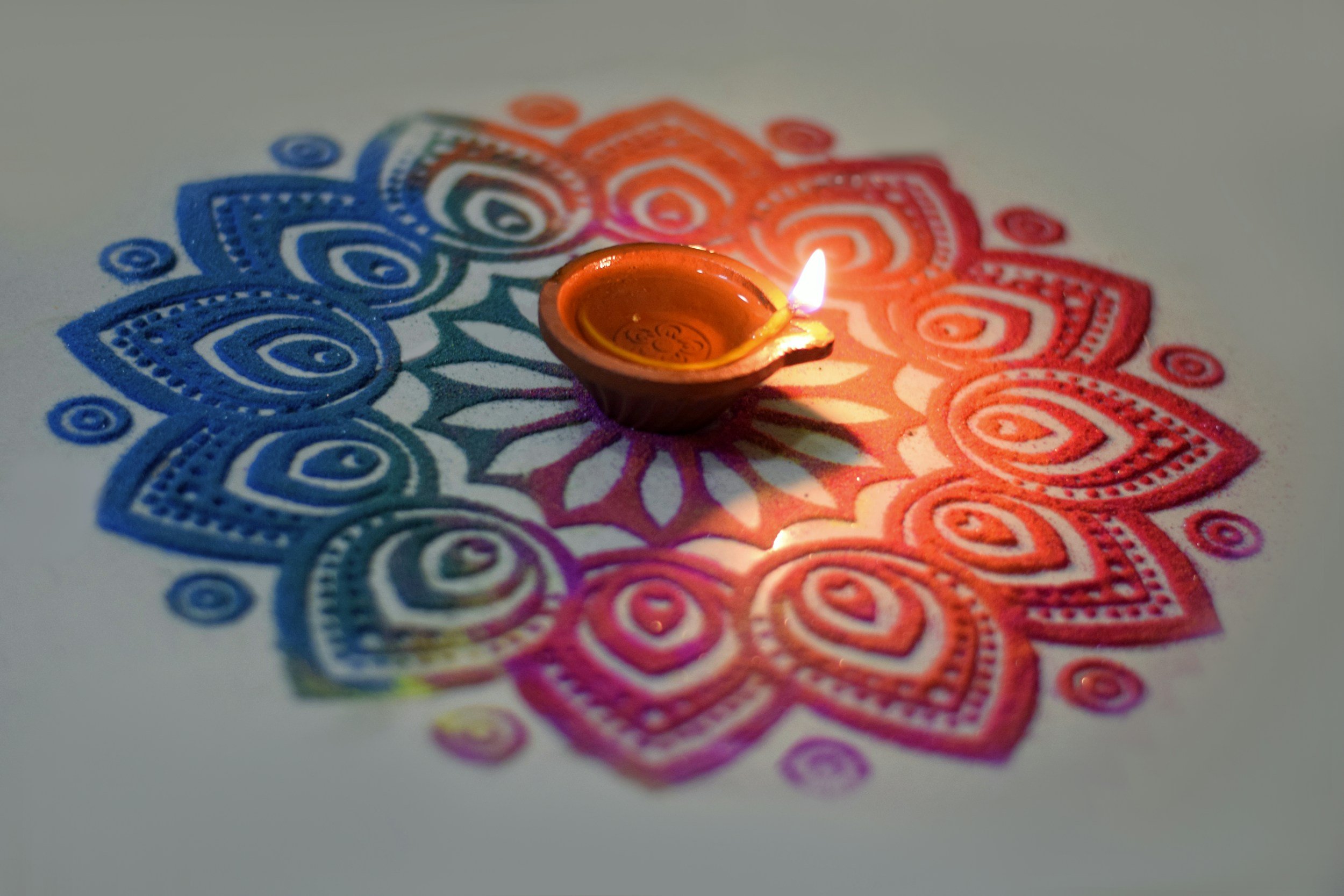
Divine Indwelling
Divinity School
The Divine Indwelling Divinity School is located on the Divine Indwelling Spiritual Farm & Monastery property, a Bali retreat where nature and spirit converge.
ABOUT
The Divine Indwelling Divinity School (DIDS)* offers a comprehensive exploration of diverse spiritual traditions, their mysticism, and sacred scriptures, forming a foundation for personal growth, spiritual understanding, and Interfaith Harmony.
*A Divinity School is an academic institution or department within a university dedicated to the study of theology, religion, and ministry. Students often engage with philosophy, history, sociology, and cultural studies to understand religion in its broader context. While traditionally associated with Christian theology, some divinity schools offer interfaith or nonsectarian programs.

Imagine the great changemakers, saints, masters, and enlightened ones throughout history. Each walked a unique path, a sacred journey paved with dedication, deep study, and unwavering commitment to a chosen spiritual tradition. Their lives exemplify the transformative power of such immersion, revealing timeless wisdom and mystical treasures that continue to guide us today.
The Divine Indwelling Divinity School comprises:
THE CENTER FOR THE STUDY OF MYSTICISM & SACRED SCRIPTURES
THE SCHOOL OF SACRED ART
THE INTERFAITH LIBRARY
THE HUMAN LIBRARY
THE PEACEFUL CUISINE RESTAURANT

THE CENTER FOR THE STUDY OF MYSTICISM & SACRED SCRIPTURES
Educational programs: Through workshops, lectures, and discussions, we illuminate the core tenets, rituals, and practices of diverse faiths.
Guest speakers: We invite scholars, religious leaders, and community members to share their lived experiences and perspectives.
Interfaith dialogue: Open and respectful conversations where individuals from different backgrounds can share their beliefs and learn from each other.
More than a place of learning, we are a living organism where knowledge grows, divisions dissolve, and spirits evolve.

THE SCHOOL OF SACRED ART
Sacred art is a visual language that translates spiritual experiences and beliefs into tangible form. Encompassing painting, sculpture, architecture, and more, it serves as a bridge between the divine and the human, offering visual narratives of faith and devotion.
Cultural and Religious Context: studying the cultural and religious context of the artworks (history, philosophy, and rituals)
Liturgical practices and symbolism: how art interacts with rituals and worship
Technical Skills: drawing, painting, sculpture, Symbolism & Iconography, Composition and Design
Inner reflection and contemplative practice: cultivating a sense of mindfulness and intention in creating sacred art.
Understanding the role of the artist as a channel for the divine: creating art as a spiritual practice.

THE interfaith LIBRARY
The library seeks to be a center of learning and reflection, supporting the spiritual formation of our visitors. Its purpose is to preserve and provide access to the rich intellectual heritage of religious traditions while encouraging critical inquiry and interfaith dialogue.
Content:
Sacred Texts
Theology and Philosophy:
Religious History and Culture:
Practical Theology:
Interfaith and Comparative Studies:
Scholarly Journals and Research:
Special Collections
Our library is both a spiritual sanctuary and an intellectual hub, inviting users to explore the depths of faith, history, and humanity.

THE HUMAN LIBRARY
A library where the "books" are people waiting to share their knowledge and stories.
Diversity: "Human books" represent a wide range of identities, experiences, and perspectives.
Dialogue: The focus is on genuine conversation and mutual understanding, not lectures or debates.
Respect: All participants are treated with respect and courtesy, regardless of their background or beliefs.
Learning: It's an opportunity to learn about different perspectives and challenge biases.
Breaking down barriers: By connecting with people from different walks of life, we can build empathy and understanding, leading to a more inclusive society.

THE PEACEFUL CUISINE RESTAURANT
Inspired by the Jain food philosophy & The NEw Earth Cooking School BaliVegan menu developed around the principles of non-violence, minimizing harm, purity, and mindfulness.
Our Peaceful Cuisine Restaurant, like the Jain food philosophy is not just about dietary restrictions but also reflects a broader spiritual commitment to non-violence and compassion towards all living beings.
“As the world is becoming increasingly globalized, polarized and the geopolitical, economic and religious landscape is changing, we need to create more platforms fostering religious literacy and peace thanks to the diversity of faiths. ”











